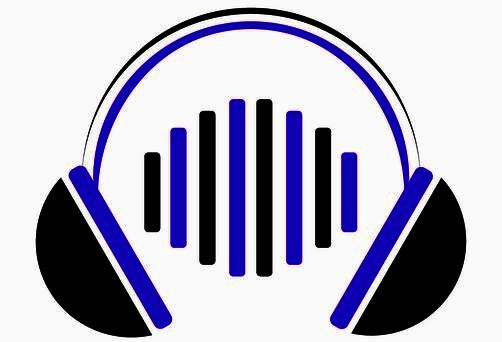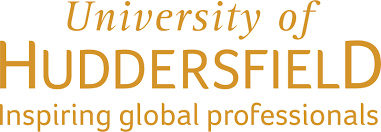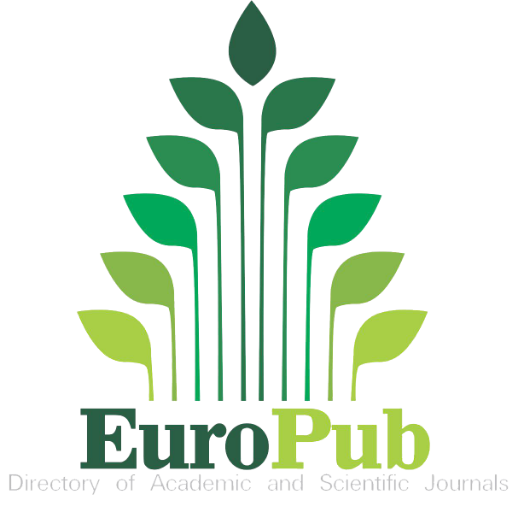Other Kinds of Mind There
Echologies of Psychedelic Sonic Substance
DOI:
https://doi.org/10.12801/1947-5403.2023.15.01.02Abstract
Cognition in extended brain-body music systems becomes especially agile during psychedelic experience, necessitating a sonic rhetoric emphasizing transformative agency. Rooted in the recursive listening spaces of dub, three forms of psychedelic electronica—ambient house, trip-hop and glitch—foster an echological sensibility unique to records made largely from the bits and pieces of other recordings. In this article, longform albums representing each of these genres are offered as sonic pharmakomedia, pharmacologically activated non-human agencies that sustain psychedelic mind-machine systems. Managing the psychedelic experience by mediating set and setting through music selection is adopted in psychedelic research, therapy sessions and personal practices alike. I consider set and setting in terms of their contributions to a liminal sonic substance that facilitates encounters with non-human agencies. Putting indigenous shamanic practices in conversation with contemporary neuropsychopharmacology, sound studies and psychedelic music production, this article offers a diagnostic inventory of the effects of the sonic substance.
Downloads
Published
Issue
Section
License
Authors who publish with this journal agree to the following terms:- Authors retain copyright and grant the journal right of first publication with the work simultaneously licensed under a Creative Commons Attribution-Noncommercial-Share Alike License that allows others to share the work with an acknowledgement of the work's authorship and initial publication in this journal.
- Authors are able to enter into separate, additional contractual arrangements for the non-exclusive distribution of the journal's published version of the work (e.g. post it to an institutional repository or publish it in a book), with an acknowledgement of its initial publication in this journal. Such derivate works or subsequent publications must happen no less than one calendar year after the initial publication date in Dancecult.
- Authors are permitted and encouraged to post their work online (e.g. in institutional repositories or on their website) prior to and during the submission process, as it can lead to productive exchanges, as well as earlier and greater citation of published work (See The Effect of Open Access).






